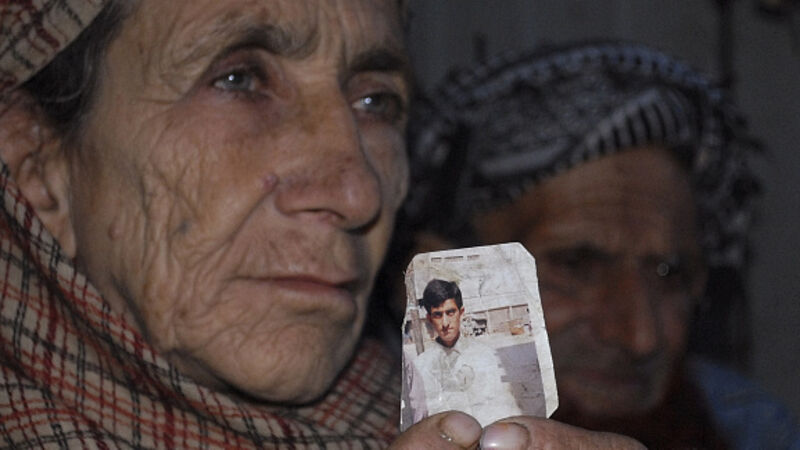Pakistan hangs man despite case doubt

Pakistan has hanged 200 people since December, when a massacre by militants at a school in the city of Peshawar prompted the government to lift a de facto ban on capital punishment.
Only Iran and China have executed more people, says human rights group, Amnesty International.














